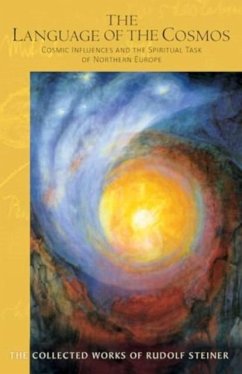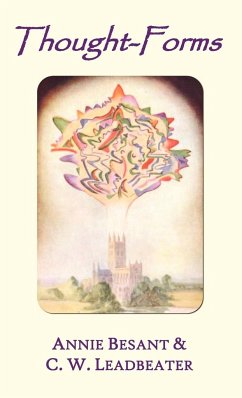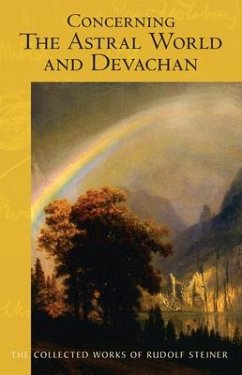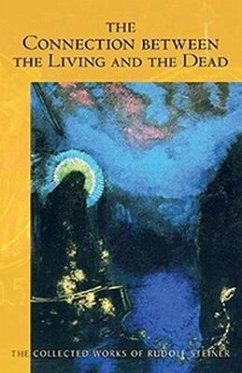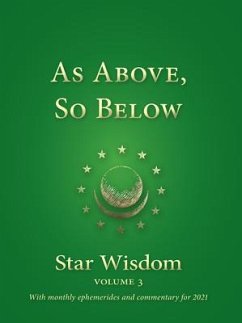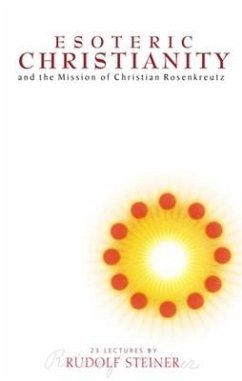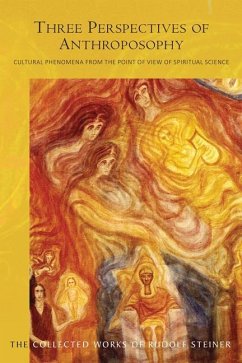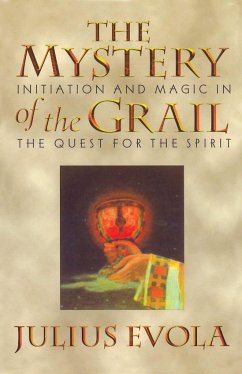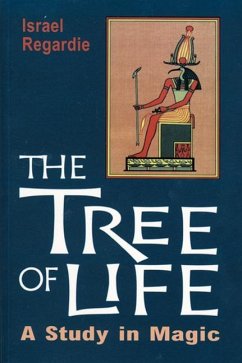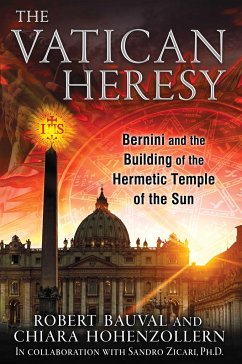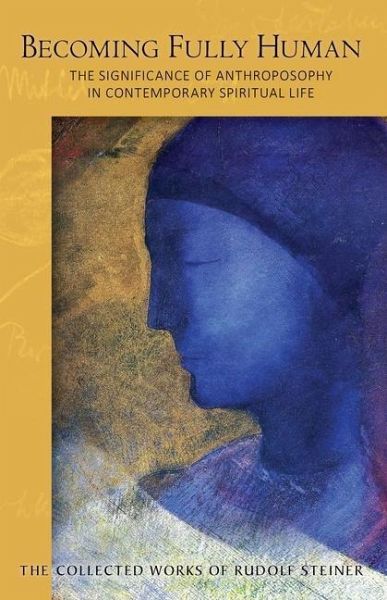
Becoming Fully Human
The Significance of Anthroposophy in Contemporary Spiritual Life (Cw 82) Volume 82
Übersetzer: Martin, Jeff
Versandkostenfrei!
Versandfertig in 2-4 Wochen
32,99 €
inkl. MwSt.

PAYBACK Punkte
16 °P sammeln!
6 lectures at The Hague, April 7-12, 1922; A written report by Rudolf Steiner on the course (CW 82) "There is no contradiction, if you look into the matter correctly, between destiny and freedom. However, in order to be able to present the concept of destiny to the world later on, it was first necessary that the concept of freedom be presented in the book The Philosophy of Freedom."-- Rudolf Steiner (lect. 6) Published here for the first time in English, these six public lectures are among Rudolf Steiner's most inspired--and inspiring--explorations of Anthroposophy as a true science of the spi...
6 lectures at The Hague, April 7-12, 1922; A written report by Rudolf Steiner on the course (CW 82) "There is no contradiction, if you look into the matter correctly, between destiny and freedom. However, in order to be able to present the concept of destiny to the world later on, it was first necessary that the concept of freedom be presented in the book The Philosophy of Freedom."-- Rudolf Steiner (lect. 6) Published here for the first time in English, these six public lectures are among Rudolf Steiner's most inspired--and inspiring--explorations of Anthroposophy as a true science of the spirit. Our age provides abundant explanations of the universe, its nature and evolution. But underlying most scientific modalities is a passive engagement with self and world, a taking-for-granted of the faculty of thinking, and, as a result, an indifferent arranging of phenomena through logical inference. But the question remains: What is thinking? A product of chemical processes in the brain, or a spiritual activity through which we become participants in a spiritual cosmos? This is Steiner's starting point in all his work. He aims to cast off the unnecessary limits imposed on knowledge by a science that fails to examine its most fundamental epistemological premises. The lectures here are a remarkable contribution to this lifelong project--a compelling, eloquent, insightful study and affirmation of our very humanness. Speaking to a youthful academic audience, Steiner does not confine himself to the arbitrary delineations of codified academic disciplines; on the contrary, he breaks down barriers, builds bridges, envisions a future academy in which the paths of knowledge are broadened through a genuine science of initiation to encompass our role as members and, ultimately, co-creators of the physical, soul, and spiritual universe. "Those who seek to prove something show, through the very fact that they seek to prove it, that for them what must be proved is not readily perceptible. We actually seek to prove something whenever we have no direct perception of it.... When in older, instinctive cognition people had a perception of what they called the divine being, they did not need proofs. Historically, the proofs for the existence of God began only when the perception was lost. Evidence is required wherever there is no perception." -- Rudolf Steiner (lect. 6) This volume is a translation from German of Damit der Mensch ganz Mensch werde. Die Bedeutung der Anthroposophieim Geistesleben der Gegenwart (GA 82), 2nd ed., Rudolf Steiner Verlag, Dornach, Switzerland, 1994. Cover image: The Golden Cell by Odilon Redon, 1892. Oil and colored chalks with gold, 30.1 cm x 24.7 cm. The British Museum, London.




